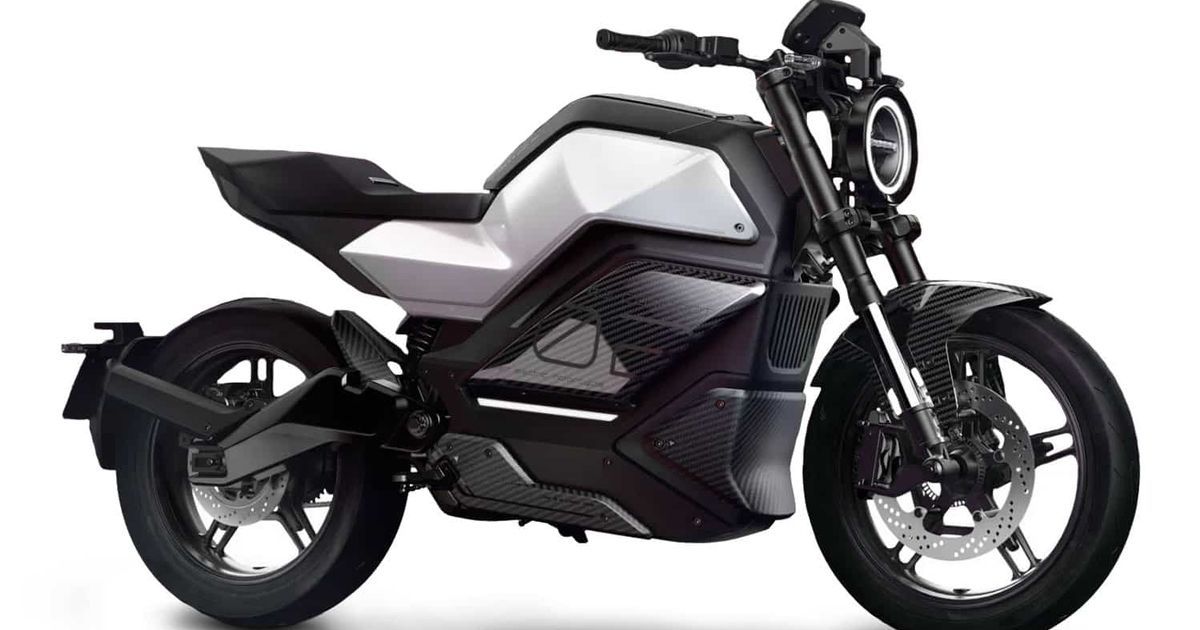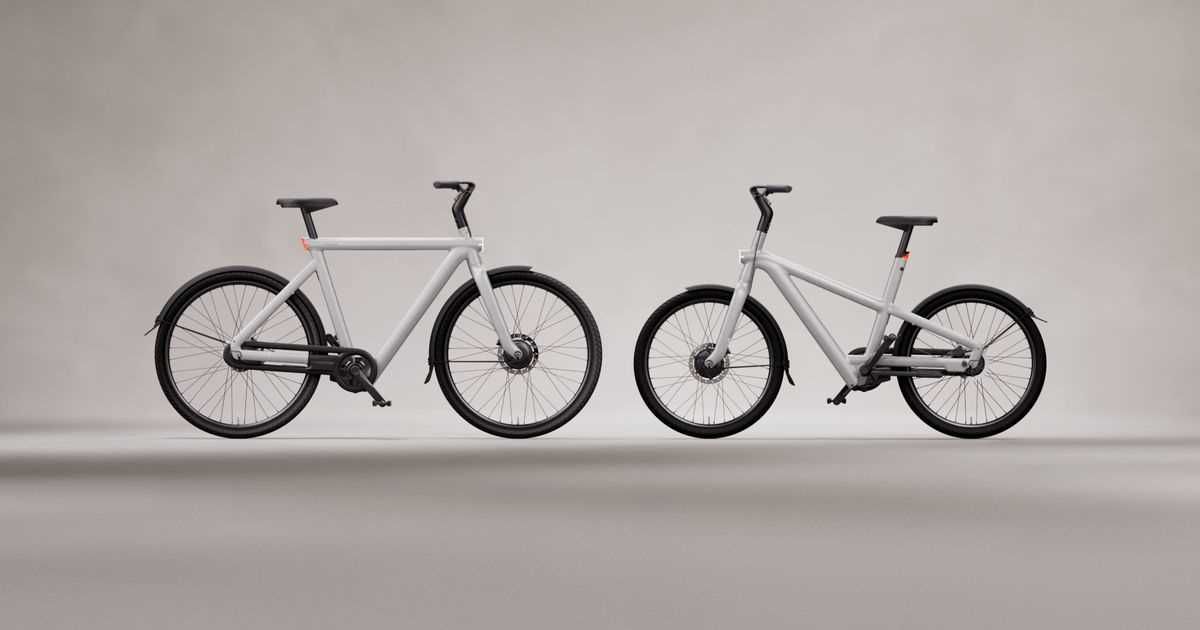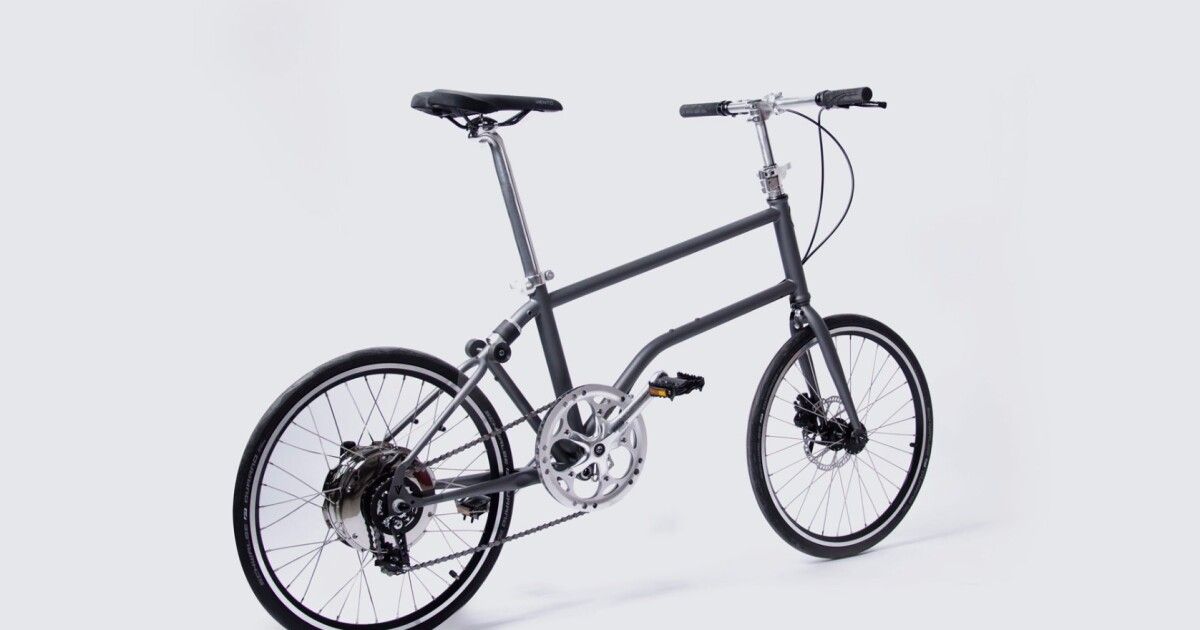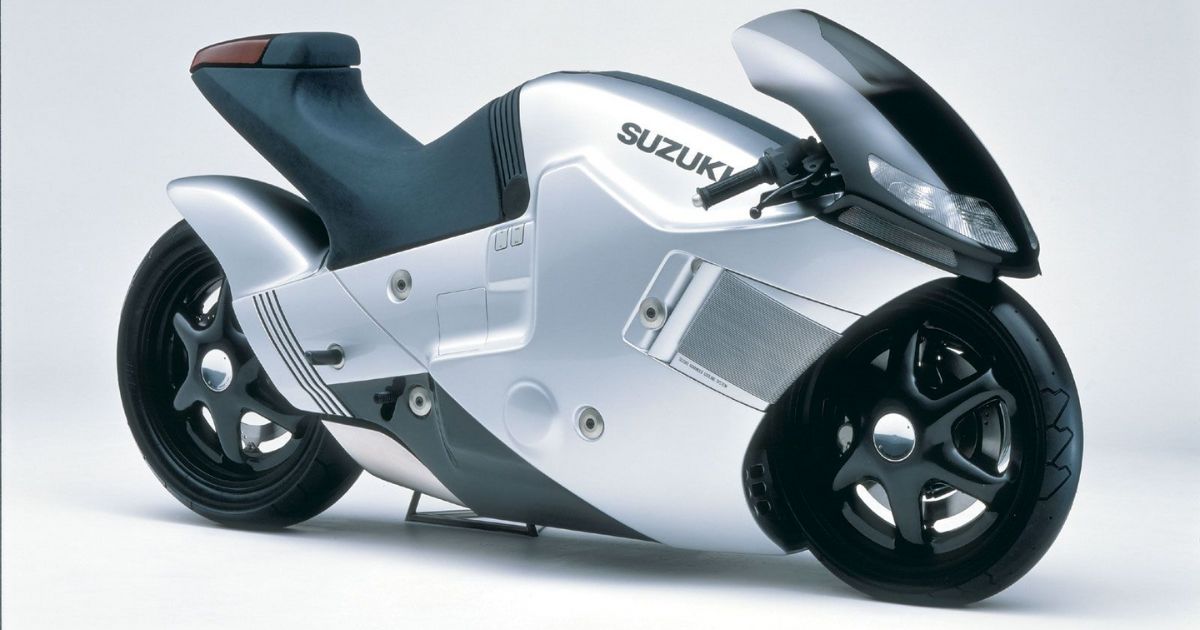Heavy electric bikes are electrically powered bicycles with robust frames and sturdy components, designed for enhanced stability and durability, providing a powerful and smooth riding experience.
Curious about electric bikes? Leave the worries about weight behind! Electric bikes are designed with lightweight materials and advanced technology, making them surprisingly manageable. Unlike their bulky predecessors, modern electric bikes strike a perfect balance between power and portability, offering an effortlessly smooth ride without weighing you down.
Electric bikes vary in weight depending on their design, components, and battery size. On average, most electric bikes weigh between 40 to 70 pounds (18 to 32 kilograms). Lightweight electric bikes often use smaller batteries and have simpler frames, making them more agile and easier to handle. Electric mountain bikes or those with larger batteries for extended range may be on the heavier side.
E-Bike Weight Comparison
| Type of Electric Bike | Weight Range |
| City Commuter | 40-50 pounds (18-23 kg) |
| Folding Electric Bike | 35-45 pounds (16-20 kg) |
| Electric Mountain Bike | 50-60 pounds (23-27 kg) |
| Long-Range Touring Bike | 60-70 pounds (27-32 kg) |
Average Bike Weight Kg
The average weight of a bike is typically around 9 to 14 kilograms (20 to 30 pounds). However, this can vary depending on the type of bike. Lightweight road bikes designed for speed and efficiency tend to be on the lower end of the scale, often weighing around 9 to 11 kilograms (20 to 25 pounds).
Mountain bikes, built to withstand rough terrains, may be a bit heavier, ranging from 11 to 14 kilograms (25 to 30 pounds). It’s important to note that advancements in materials and design continue to influence bike weights, with some models pushing the boundaries of lightness for optimal performance.
Electric Mountain Bike Weight
The weight of an electric mountain bike, often referred to as e-MTB weight, is an important factor to consider when choosing the right bike for your adventures. Electric mountain bikes typically weigh more than traditional mountain bikes due to the added components like the motor, battery, and other electrical elements.
The weight of an e-MTB can vary, but it falls in the range of 40 to 60 pounds. While the extra weight may impact the bike’s agility and manoeuvrability, advances in technology have led to lighter materials and improved designs. Riders need to find a balance between weight and performance that suits their riding style and preferences, ensuring a comfortable and enjoyable experience on the trails.
Trek E-Bike Weight
The Trek e-bike weight is an important factor to consider when choosing an electric bicycle. The weight of a Trek e-bike varies depending on the model and features. Generally, Trek e-bikes are designed to balance performance and convenience.
The incorporation of a lightweight frame and advanced materials helps to make the e-bikes easy to handle and manoeuvre. A lighter weight contributes to a more enjoyable riding experience, especially when navigating hills or carrying the bike. Trek considers the weight distribution to ensure stability and comfort for riders.
An Electric Bicycle Weigh
An electric bicycle, often referred to as an e-bike, typically weighs between 40 to 70 pounds (18 to 32 kilograms). The weight can vary depending on factors such as the type of frame, battery size, and additional features. E-bikes are designed to be sturdy and manageable for riders of various ages and fitness levels.
The added weight from the electric components, including the motor and battery, contributes to the overall heft of the bike. Despite their weight, electric bicycles remain popular for their ability to assist riders with pedalling, making cycling more accessible and enjoyable, especially when tackling hills or covering longer distances.
How much do motors and batteries weigh?
The weight of motors and batteries can vary depending on their size and purpose. Generally, electric motors can range from a few pounds for smaller applications like household appliances to several hundred pounds for larger industrial motors.
Batteries’ weight is influenced by their capacity and type. Small consumer batteries, like those in remote controls, are lightweight, while larger batteries used in electric vehicles or renewable energy systems can be quite heavy, often weighing hundreds of pounds. It’s essential to consider weight when designing devices or vehicles powered by motors and batteries to ensure optimal performance and efficiency.
How Much Does An E-Bike Frame Weigh?
The weight of an e-bike frame can vary depending on the material used and the design of the bike. Generally, e-bike frames are made from materials like aluminium or steel, which are known for their durability and lightness.
An e-bike frame can weigh anywhere from 5 to 8 pounds (2.3 to 3.6 kilograms). Keep in mind that the overall weight of an e-bike, including the battery, motor, and other components, will contribute to the total heft of the bike. Choosing a lighter frame can make your e-bike easier to handle and more comfortable to ride, especially if you need to lift or transport it frequently.
When will e-bikes become lighter?
E-bikes are constantly evolving, and advancements in technology suggest that we can expect them to become lighter shortly. As battery and motor technologies improve, manufacturers are finding ways to reduce the overall weight of e-bikes without compromising performance. Lighter materials, such as advanced alloys and carbon fibre, are also being integrated into e-bike designs.
These innovations aim to enhance the overall riding experience by making e-bikes more manoeuvrable and user-friendly. While the exact timeline for when e-bikes will become significantly lighter may vary, ongoing research and development suggest that we can anticipate more lightweight options in the coming years, offering riders a blend of convenience and efficiency.
Frequently Asked Questions
Does the weight of the electric bike include the battery?
Yes, the weight of an electric bike usually includes the battery. The battery is a significant contributor to the overall weight, so it’s considered when stating the total weight of the bike.
Are electric bikes significantly heavier than traditional bikes?
Yes, electric bikes are generally heavier than traditional bikes due to the added weight of the motor and battery. On average, they can be 20 to 30 pounds heavier, but advancements in technology are continually making them more lightweight.
How does the weight of an electric bike affect performance?
The weight of an electric bike can impact its performance, especially in terms of acceleration and manoeuvrability. Heavier bikes may take slightly longer to accelerate, and riders may notice a difference when handling them, especially at lower speeds.
Conclusion
Electric bikes come in a variety of weights, but they are generally heavier than traditional bicycles due to the added weight of the electric motor and battery. The weight of an electric bike can vary depending on the type of e-bike and its components. While some models may be lighter and more manoeuvrable, others are designed for stability and durability, resulting in a heavier build.
Despite their weight, electric bikes offer numerous benefits, such as assisted pedalling and extended range, making them a popular and practical choice for many riders. The weight of an electric bike is a trade-off for the convenience and assistance it provides, and riders can choose a model that best suits their preferences and intended use.

I’m passionate electric scooter enthusiast and the voice behind this blog. I’m here to share my expertise and insights with you. From in-depth reviews to problem-solving guides, my goal is to help you make the most of your electric scooter experience.











![Gomyfinance.com Invest: I Made $5,000 in My First Month [Real Results 2025]](https://electopolo.com/wp-content/uploads/2025/05/Gomyfinance.com-Invest-I-Made-5000-in-My-First-Month-Real-Results-2025-150x150.jpg)


